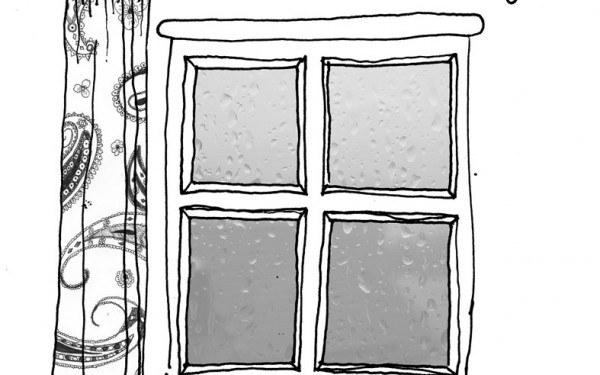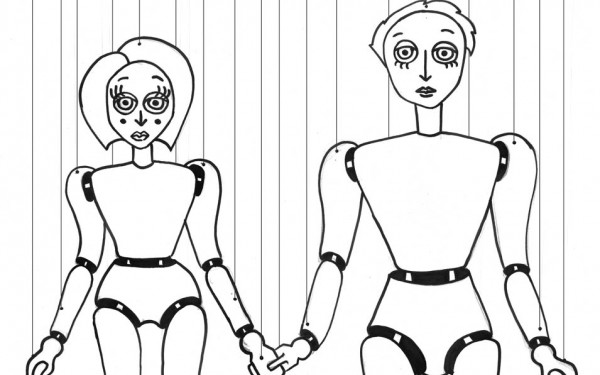Lenny Bruce Is Dead! Long Live L—Ahh, Never Mind
Jonathan Goldstein’s long-dead comedic masterpiece rises from the grave
“It’s like a joke,” said Ira Glass, “if jokes were supposed to make you sad instead of happy.”
That’s a line taken from the foreword to Jonathan Goldstein’s first novel, Lenny Bruce Is Dead. The book was originally published in 2001 and is being re-released this month by Coach House Books.
I have set up this review to reflect the form of the book to mentally prepare you for the experience of reading it. You’re welcome.
Glass’s foreword also compares the novel to a low-stakes poker game in a buddy’s basement. He is perfectly right, but I would even take the analogy a step further: the deck is missing cards. Maybe the deck is made from two separate decks cobbled together. You begin to get the suspicion that your buddy knows which cards are from which deck. He seems to do a bit better than everyone else, week in and week out. But not by so much as to suggest obvious cheating. And in the end, is it worth bringing up? Won’t it just start an argument and hurt everyone’s feelings? It probably will.
What I’m saying is—there doesn’t seem to be, at first glance, any rhyme or reason to the way Lenny Bruce Is Dead unfolds. But it’s a sort of chaos that works so well, you have to assume he’s doing it on purpose.
I had a conversation with my mother about this book over lunch on Friday. I told her about how different it was from other novels, how obtuse and abstract. She brought up the “A two-year-old could do this” canard that gets tossed around so much in the visual arts. I leaned forward and prodded the air between us with my finger. “It’s a question of trust,” I said. “It comes down to—do you trust the author?”
Goldstein, host of CBC radio’s WireTap, is evidently a strange, absurd genius. The novel is a series of short, unconnected, non-linear paragraphs about the life of a certain Josh, an unimpressive Montreal Jew with problems multifarious.
The structure of the novel suggests a kind of a literary Jackson Pollock. There are different colours visible, different strains. You sense that everything is connected somehow, and, standing back to see the whole of it, you perhaps are moved to emotion. But up close, it’s hard to parse.
I remember reading in a review somewhere that Lenny Bruce Is Dead contains as much white space as it does text. This is not true, but it’s not totally false. It functions much like memory. Everything is out of order and floating in blankness. You feel like there’s a lot you’re missing, and, let’s be honest, there is. But you can still get a picture of what happened.
The vignettes, as Glass notes, blur the line between comedy and tragedy. Often hilarious—thanks to Josh’s capacity for quirky, unusual observations, and his unerring focus on the sexual and the scatological—it is hard to read all of them in sequence without starting to see the sad side of them.
His dead mother, his listless father, his string of failed relationships, doomed from the beginning, his pathetic job at Burger Zoo, his affiliation with a Jewish messianic sect. It was hard not to imagine the book as written by Mordecai Richler’s younger, time-traveling bizarro doppelgänger.
Lenny Bruce Is Dead is a strange piece of work. I feel like it’ll stick in my gut for another couple of weeks, chewing tinfoil and flicking its tail, like the reptile one of Josh’s girlfriends believes lives in her stomach. Maybe you like that kind of book, and maybe you don’t. Maybe you’re not a Jackson Pollock fan. Maybe you’ve never hankered, as does Josh, for the Rebbe’s Kosher-style Love Lotion. In any case, it’s a quick read and hard to put down. You gotta give it that.
This article originally appeared in Volume 31, Issue 08, published October 5, 2010.

__391_474_90.jpg)






